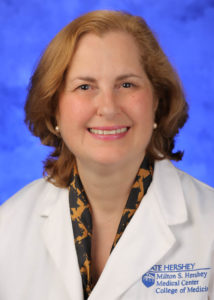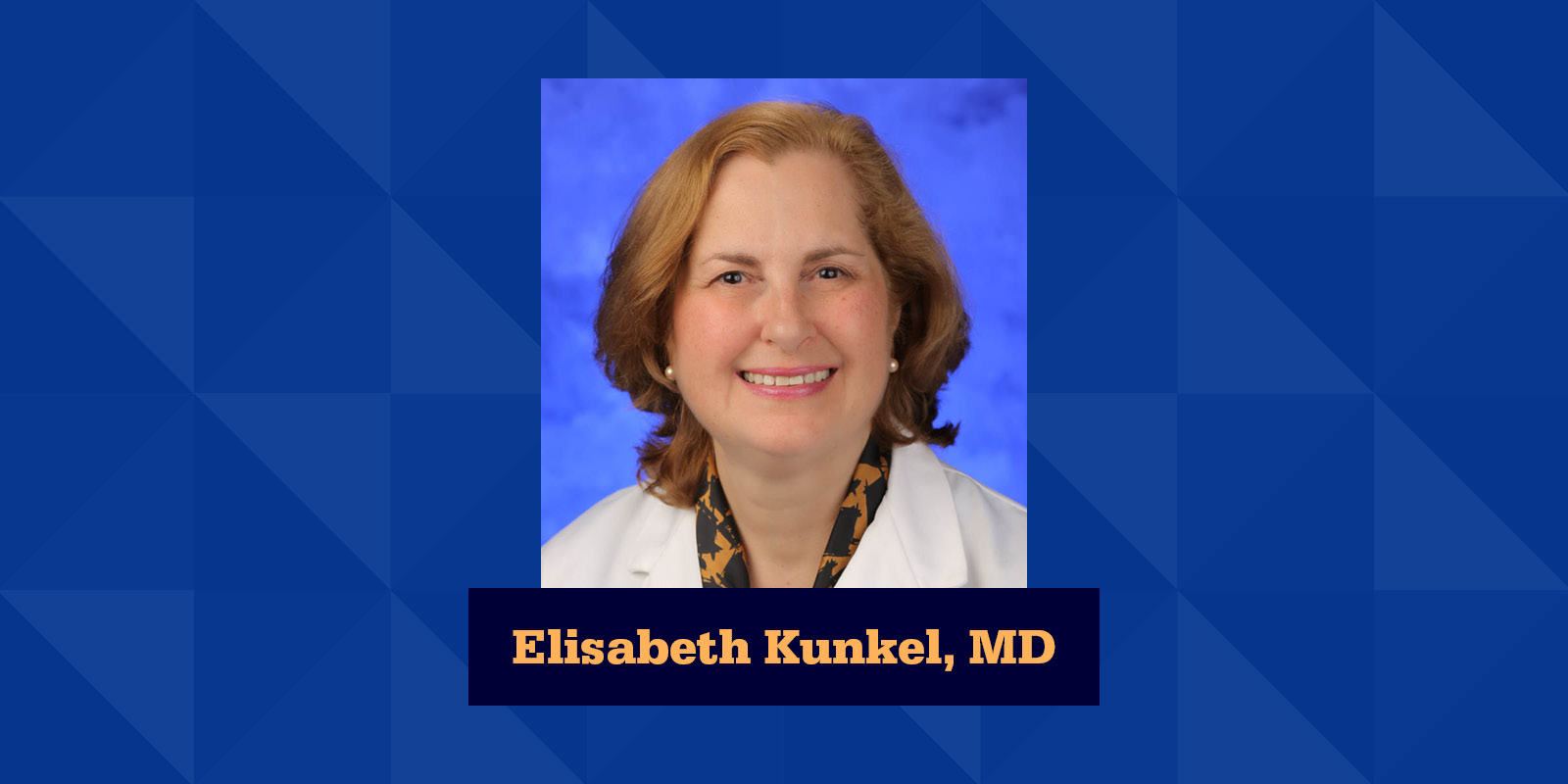 By Elisabeth Kunkel, MD
By Elisabeth Kunkel, MD
Chief Medical Officer
Pennsylvania Psychiatric Institute
At the end of March 2017, I became Chief Medical Officer for the Pennsylvania Psychiatric Institute (PPI). After spending 28 years at Thomas Jefferson University in Philadelphia, where I served as Vice Chair for Clinical Affairs 2002-2017, I saw an opportunity to help PPI grow in its clinical services and partnerships to improve access to care and meet the behavioral health care needs of Central Pennsylvania with evidence-based, targeted programming.
PPI is a unique behavioral health provider because of its connection with a nationally recognized academic medical center. Through Penn State University and the Milton S Hershey Medical Center our clinicians are attuned to emerging research which advances our understanding of how and why psychiatric illnesses develop and can best be treated. As a result, PPI’s programs and services are always based on research and evidence-based models of care.
We are equipped to serve patients of all ages, from four years and up, and at all stages of their diagnosis and treatment. Patients can be seen in outpatient settings, and if they require higher levels of care, can be moved to treatment in inpatient or partial hospitalization programs. A new inpatient unit specifically created for children was opened in the spring, 2017. Planning for an outpatient opioid treatment program (OTP) was well underway when I arrived, and a ribbon-cutting ceremony to open the OTP is planned for November 17, 2017. Under the leadership of Dr. Sarah Kawasaki, PPI and Penn State Health received a $1 million state grant to do coordinated medication assisted treatment for opioid patients. We were delighted to host Governor Tom Wolf and other colleagues from the PA state legislature including Jennifer Smith, Teresa Miller, Dr. Rachel Levine, Dr Erika Saunders, Dr. Craig Hillemeier, and Dr. T. Wolpaw on October 17 to celebrate this award.
My initial assessment of PPI revealed many strengths. We have a strong leadership team, skilled clinical providers and a diverse mix of clinical programs. We also have excellent potential to continue development of both education and research programs. My role in these first 100 days has been to enact changes that will assure continued excellence and growth to meet the region’s behavioral health needs by bolstering administration, clinical and quality standards as well as programming for education and research. Here is a sampling of steps we have taken:
Administration
- Standardizing clinical and quality operations
- Strengthened the recruitment and retention practices
Clinical operations
- Revamped provider performance evaluations
- Appointed service line medical directors for the child and adult service lines
- Instituted additional training for care providers
- Revised and standardized policies for medications and appointment scheduling
- Implemented procedures for suicide assessment and risk-based interventions
- Improved IT interfaces between Pinnacle, PSU HMC and PPI to improve access to the patient’s past medical history
Education
- Completed a needs assessment of faculty interest in various teaching opportunities
- Established a Public and Community Psychiatry Fellowship Program Director and began the planning for the Fellowship
Research
- Applied for grants to support clinical trials of medication safety
- Reactivated research committee at PPI
These are just a few of the highlights. We’ve taken great strides in these first few months with overwhelming support from our providers, staff, and community partners. PPI is a great foundation that allows us to expand upon, improving access and provision of excellent behavioral health care to our communities, while positioning PPI as an academic flagship for HMC’s Department of Psychiatry and the region’s behavioral health providers. In future columns, I’ll delve more deeply into some of the above initiatives and expand on other future plans that are already in motion.

